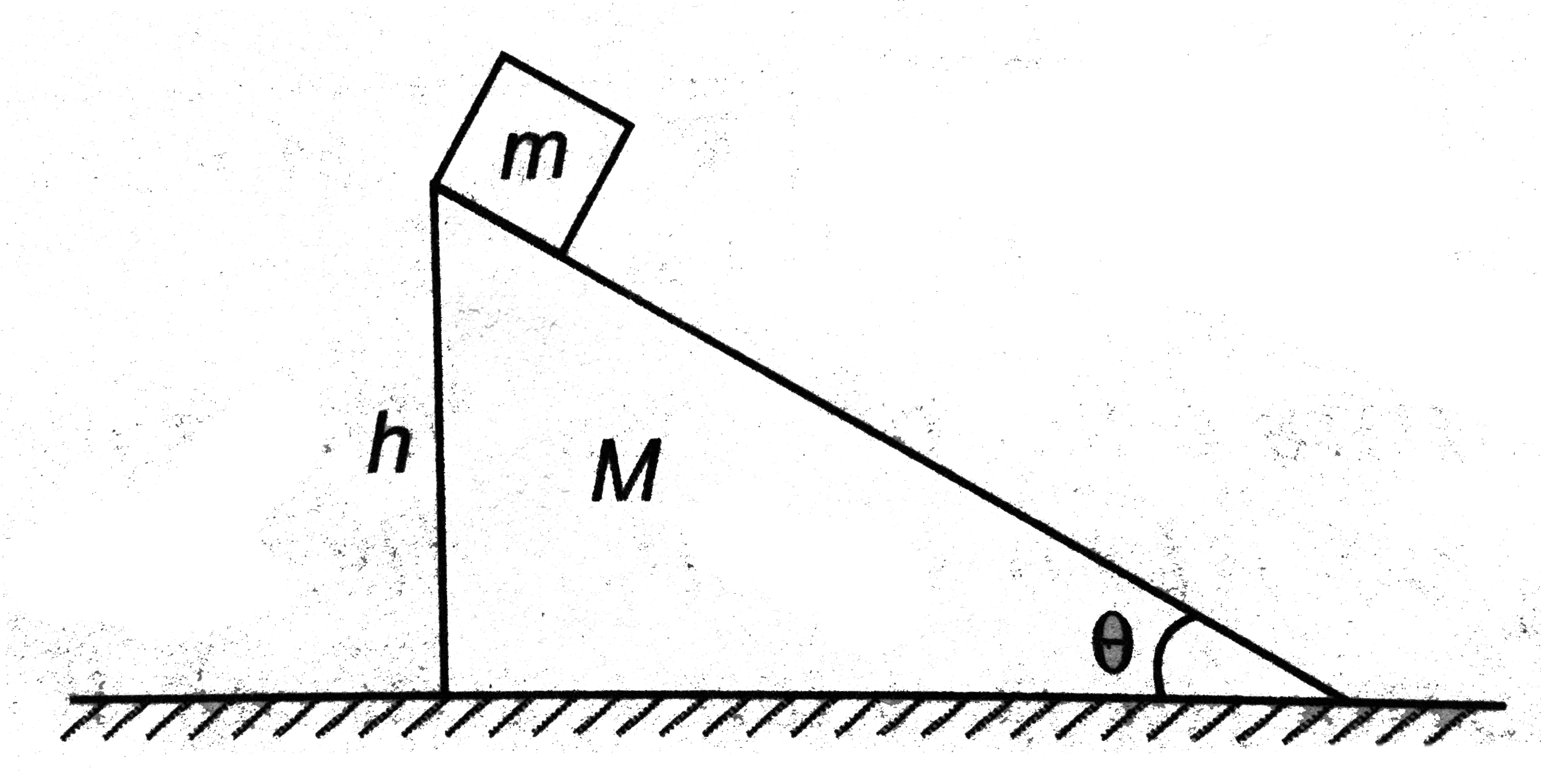Why do lakes freeze from top towards bottom ?
Step by step video & image solution for Why do lakes freeze from top towards bottom ? by Chemistry experts to help you in doubts & scoring excellent marks in Class 11 exams.
Topper's Solved these Questions
- BOOK - ICSECHAPTER - HYDROGENEXERCISE - ESSAY (LONG ANSWER) TYPE QUESTIONS29videos
HYDROGEN
- BOOK - ICSECHAPTER - HYDROGENEXERCISE - OBJECTIVE (MULTIPLE CHOICE) TYPE QUESTIONS35videos
HYDROGEN
- BOOK - ICSECHAPTER - HYDROGENEXERCISE - VERY SHORT ANSWER TYPE QUESTIONS45videos
HYDROGEN
- BOOK - ICSECHAPTER - HYDROCARBONS EXERCISE - NCERT TEXT-BOOK EXERCISES46videos
HYDROCARBONS
- BOOK - ICSECHAPTER - ORGANIC CHEMISTRY : SOME BASIC PRINCIPLES AND TECHNIQUES EXERCISE - NCERT TEXT-BOOK EXERCISES (WITH HINTS AND SOLUTIONS )72videos
ORGANIC CHEMISTRY : SOME BASIC PRINCIPLES AND TECHNIQUES
Similar Questions
Given reasons
(i) Lakes freeze form top towards bottom.
(ii) Ice floats on water.View SolutionWhat is the trend in metallic nature of metals as we go from top to bottom in a group?
View SolutionWhy the melting and boiling points of halogens increase in going from top to bottom of the group.
View SolutionThe metals of group-2 from top to bottom are Be, Mg, Ca, Sr, Ba. Which of these metals will form ions most readily and why?
View SolutionWhat happens to the atomic size of elements on moving from top to bottom of a group.
View SolutionWhich property decreases from left to right across the periodic table and increases from top to bottom?
View SolutionThe following questions refer to the Periodic Table :
What happens to the atomic size of elements moving from top to bottom of a group.View SolutionAnswer the following questions:
The metals of Group 2 from top to bottom are Be, Mg, Ca, Sr, and Ba.
Which one of these elements will form ions most readily and why?View SolutionAll surfaces shown in figure are smooth. Find velocity of wedge (of mass M) when the block (of mass m) reaches the bottom of the wedge.
 View Solution
View SolutionIn a group, the atomic size_________ from top to bottom. (increases / decreases).
View Solution

